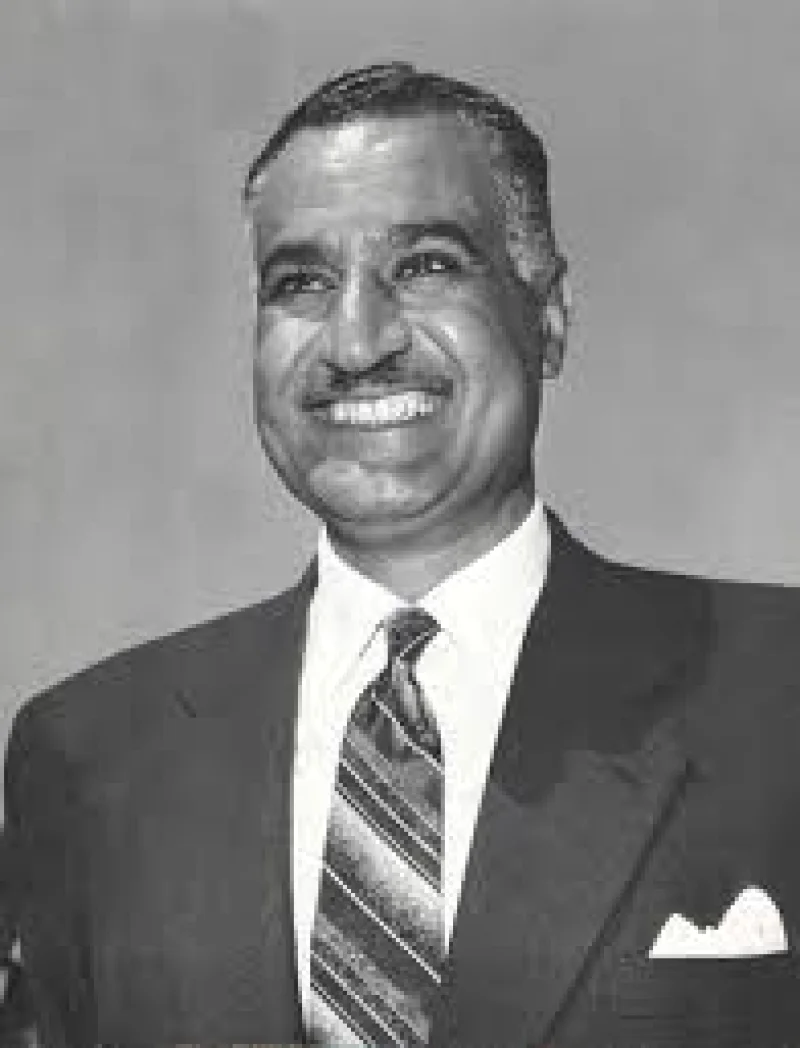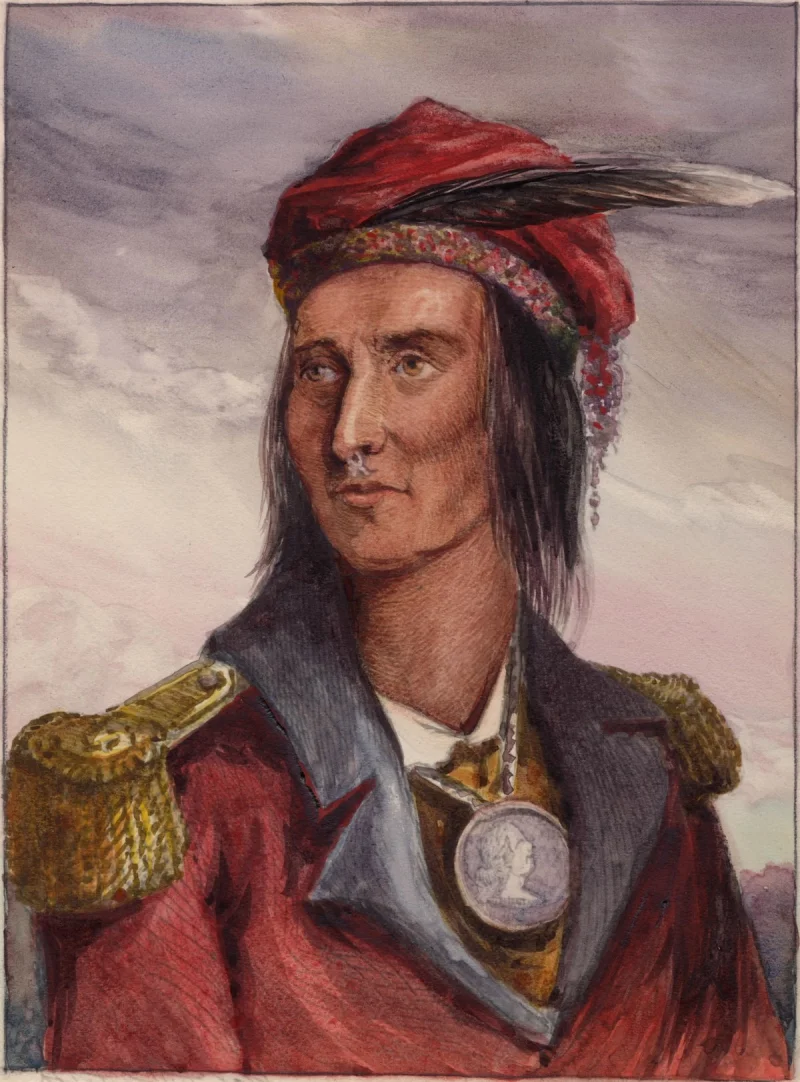Short Summary
Gamal Abdel Nasser was an influential Egyptian political leader and the second President of Egypt, serving from 1956 until his death in 1970. He was a pivotal figure in the Arab world, known for his role in the nationalization of the Suez Canal and his leadership in the Non-Aligned Movement. Nasser's policies and charismatic leadership left a lasting impact on Egypt's socio-political landscape and the broader Middle Eastern region.
Early Life & Education
Nasser was born on January 15, 1918, in Alexandria, Egypt, to a middle-class family. His father was a postal worker, and the family moved frequently due to his job. Nasser developed an early interest in politics and nationalism while attending school in Cairo. He later joined the Royal Military Academy, where he was exposed to a variety of political ideologies and began to form his revolutionary ideas. His early influences included his opposition to British colonial rule and his admiration for nationalist leaders, which shaped his future political endeavors.
Career Highlights
Nasser's career began in the Egyptian military, where he quickly rose through the ranks. In 1952, he played a leading role in the Free Officers Movement, which overthrew the monarchy and established a republic. He became the Prime Minister in 1954 and the President in 1956. Nasser's tenure is marked by the nationalization of the Suez Canal, which challenged Western powers and elevated Egypt's status on the global stage. He also implemented social reforms and pursued policies of Arab unity and socialism, significantly influencing the region's political landscape.
Major Achievements
- Nationalized the Suez Canal in 1956, asserting Egypt's sovereignty and control over this critical waterway.
- Founded the Non-Aligned Movement in 1961, promoting independence from the superpowers during the Cold War.
- Implemented extensive land reforms to address social inequalities and improve living standards in Egypt.
- Played a key role in the creation of the United Arab Republic with Syria, albeit short-lived, in 1958.
Famous Quotes
- "What was taken by force can only be restored by force."
- "We shall not enter Palestine with its soil covered in sand, we shall enter it with its soil saturated in blood."
Interesting Facts
- Nasser survived an assassination attempt in 1954, which increased his popularity and solidified his power.
- He was instrumental in the Aswan High Dam project, which aimed to modernize Egypt's agriculture and economy.
- Nasser's policies laid the foundation for the Arab Socialist Union, a single-party system in Egypt.
Legacy / Influence
Nasser is remembered as a champion of Arab nationalism and a symbol of anti-imperialism. His leadership inspired numerous movements across the Arab world, advocating for unity and independence. Although some of his policies were controversial, his vision of a cohesive Arab identity continues to influence political thought in the region. His tenure marked a significant period of transformation in Egypt and the Middle East.
FAQ
Q: Why is Gamal Abdel Nasser famous?
A: He is famous for nationalizing the Suez Canal and leading Egypt during a transformative period, as well as his role in the Non-Aligned Movement.
Q: What was the Free Officers Movement?
A: It was a group of nationalist military officers who led a coup to overthrow the Egyptian monarchy in 1952.
Q: How did Nasser impact the Arab world?
A: He promoted Arab nationalism and unity, influencing political movements and ideologies in the region.










